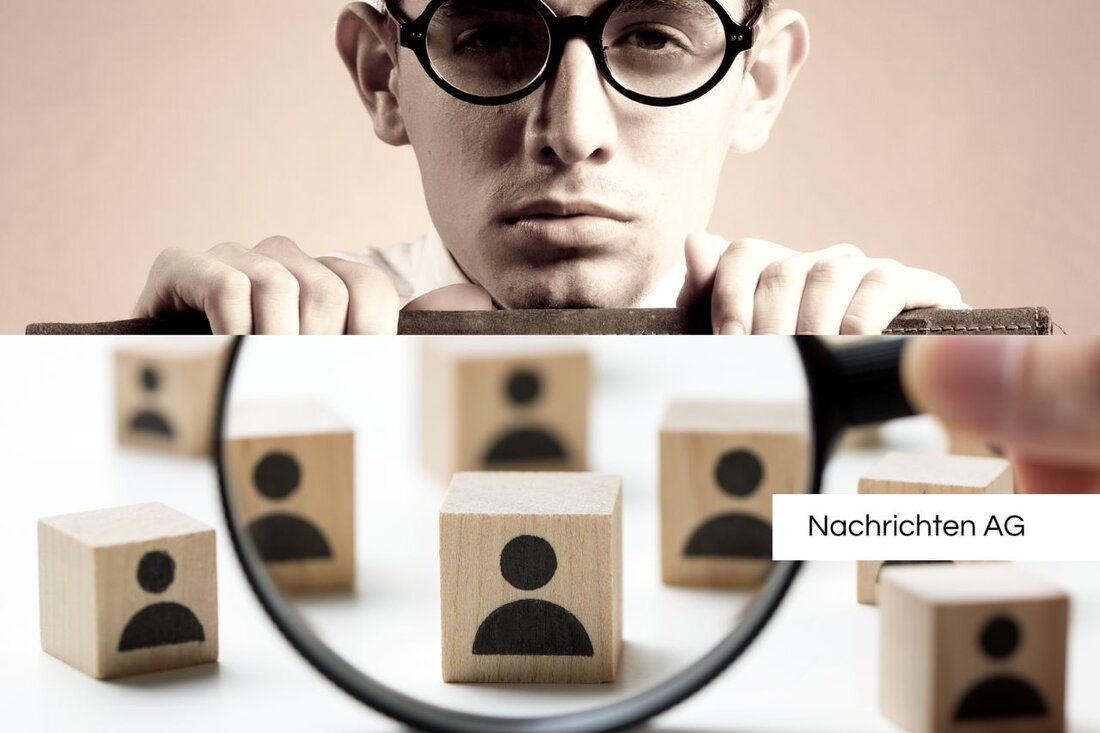ORF under fire: pinching from critical questions about Count tragedy?
After critical reporting on the Graz school shootout, the ORF is exposed to sharp media criticism.

ORF under fire: pinching from critical questions about Count tragedy?
On June 15, 2025, ORF is criticized for its reporting on the attack on a Graz high school. The broadcaster was sharply criticized after he broadcast several interviews with grieving young people, including with minor students, without prior detention. This reporting not only has the families concerned, but also raises fundamental questions of media ethics. An eyewitness reported that an ORF reporter appealed to a visibly affected youth and had a microphone for him, while other journalists remained reserved.
intervened by the parents of the young person to prevent an interview. While the situation in Graz was tense after the attack, in front of the cathedral, where a memorial service for the victims took place, heavily armed police officers and numerous media representatives were present. Vice-Chancellor and SPÖ Minister of Medium Andreas Babler also expressed critical attention to the actions of the media of the past few days and found that witnesses were "besieged" without specifically to enter to the ORF. So far, the broadcaster has not responded to a press request for these allegations.
criticism of reporting and media ethics
The ORF actions raise significant ethical questions in journalism. The demarcation between public interest and personal privacy is a challenge that journalists often have to master. The press code offers orientation, but is not binding. Journalists are responsible for providing information for the benefit of the public, but to protect human dignity. Sensational reporting can seriously shake trust in the media and blur the border between ethical journalism and commercialization. Medienbassader.de emphasizes that freedom of the press is not absolutely and is bound by rights and dignity.
In the current debate, the role of Andreas Babler, who acts in a triple coalition, is also becoming increasingly relevant. The 52-year-old arrived in the SPÖ after succeeding Pamela Rendi-Wagner as party leader in 2023. His connection to social democracy comes from founding roots in Traiskirchen, where Babler became the mayor. In this position he campaigned for social measures and won the hearts of voters. As a vice -chancellor, he has the agendas for living, art, culture, media and sport.
Babler is known for his critical views on the EU and describes himself as a Marxist. He often emphasizes that he comes "from below" and works for the "below" in society. This positioning becomes visible in his policy, in particular through focus on affordable living as a central topic in the election campaign. As the current events show, braers and the media are in a tension that raises both political and ethical concerns.
In this debate, it becomes clear how important a balanced reporting is, which respects both the public perception and the privacy of those affected. The case in Graz could therefore serve as an example of the necessary discussions about media ethics and the responsible use of information in a critical period.
Up to this point,the ORF did not make a statement on the allegations, which could further increase concern about media reporting. Future step in reporting must now be carefully weighed in order to protect the public interest on the one hand and to protect personal rights on the other hand.

 Suche
Suche
